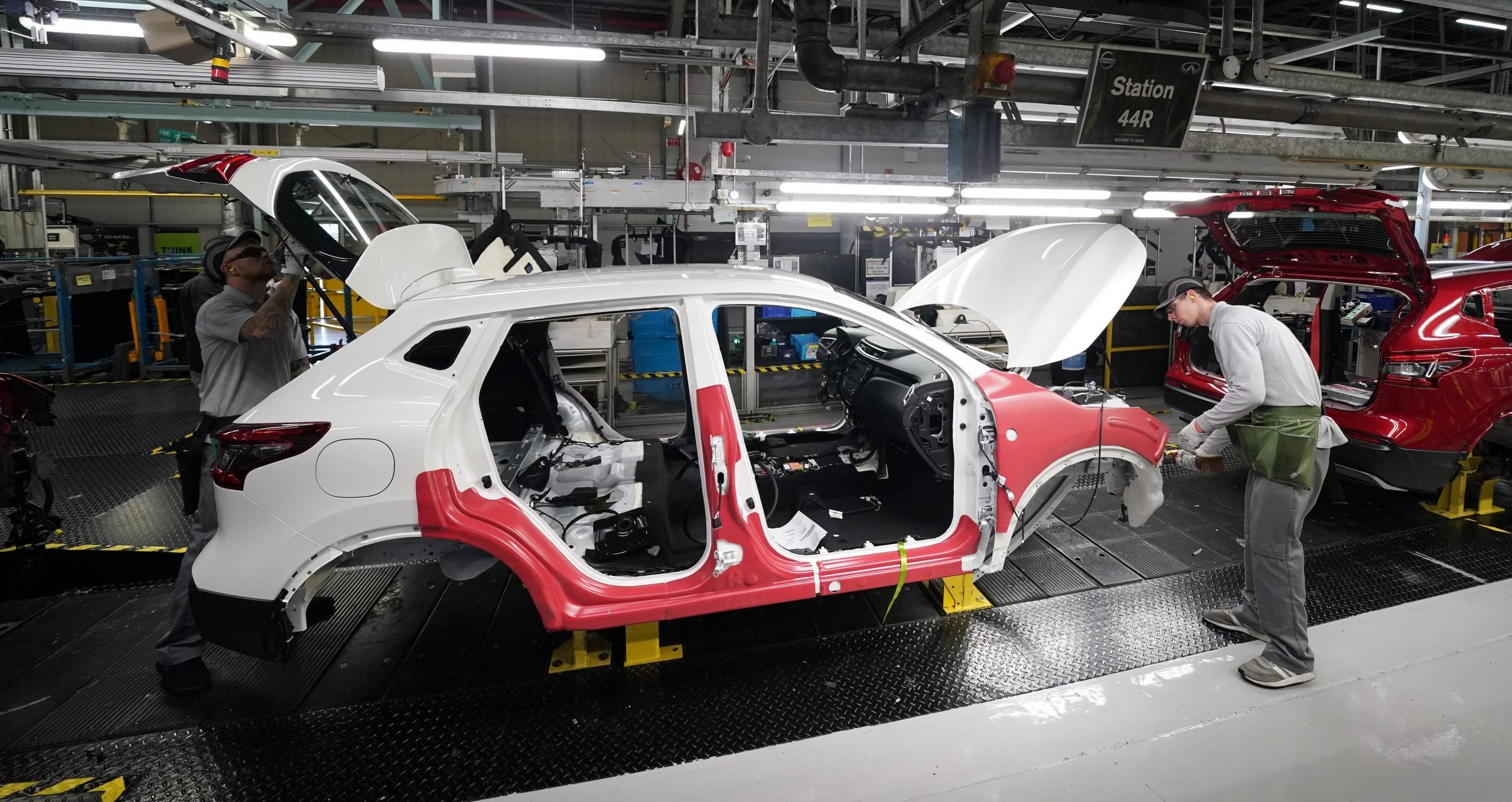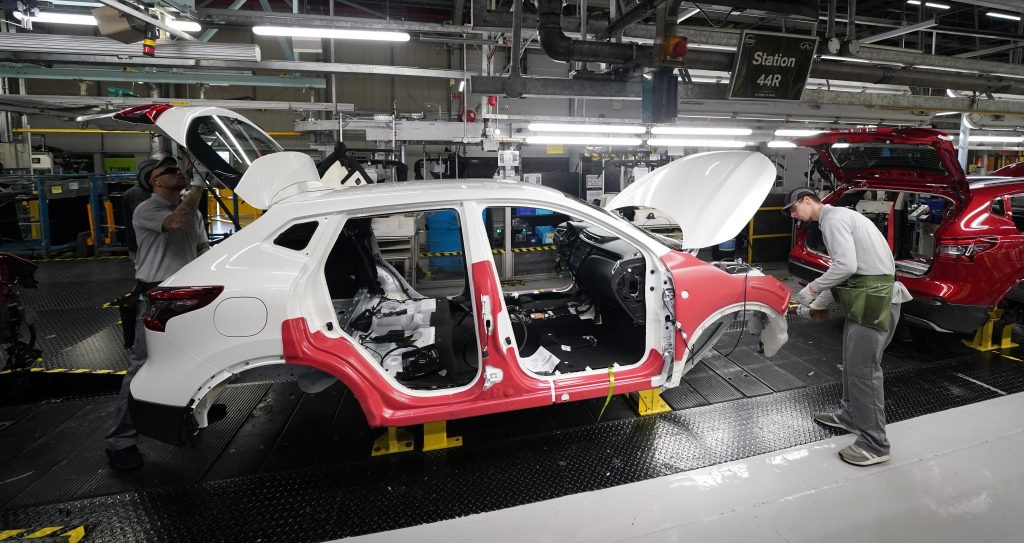
Owen Humphreys – PA Images/Getty Images
- Chip shortages could cost automakers $210 billion in revenue this year, a consulting firm said.
- Consulting firm AlixPartners said there could be 7.7 million fewer vehicles made this year.
- US dealer lots have about 20 days' supply of vehicles, less than half the normal levels, it said.
- See more stories on Insider's business page.
Automakers could lose $210 billion in revenue this year because of global chip shortages, consulting firm AlixPartners said Thursday.
The new projection is nearly double AlixPartners' previous forecast in May, which estimated that automakers would lose $110 billion in revenue in 2021, the firm said in a press release.
The firm said that there could be 7.7 million fewer vehicles made this year, almost double its previous estimate in May of 3.9 million.
The new forecast comes as automakers and commercial truck manufacturers warned that semiconductor shortages and commodity price spikes have persisted, rather than eased, as the year comes to an end.
US dealer lots have about 20 days' supply of vehicles, less than half the normal levels, which has led to sluggish sales, Dan Hearsch, a managing director in Alixpartners auto practice, told Reuters.
"We had originally assumed we would get back to normal and claw back volume" in the fourth quarter, Hearsch told Reuters. "That is not going to happen."
Automakers could have tight inventories until late 2022 or early 2023, he added.
Semiconductor shortages are just part of the problem: Tight supplies of materials such as steel and plastic resin are driving up costs. Backlogs at major US ports are hampering auto manufacturers' efforts to import more of the materials, Hearsch told Reuters.
In response, automakers are committing to longer contracts to lock in supplies, buying as much as 40 to 50 weeks in advance, Hearsch said.
"They are signing up for things they would never have done a year ago," he told Reuters.
